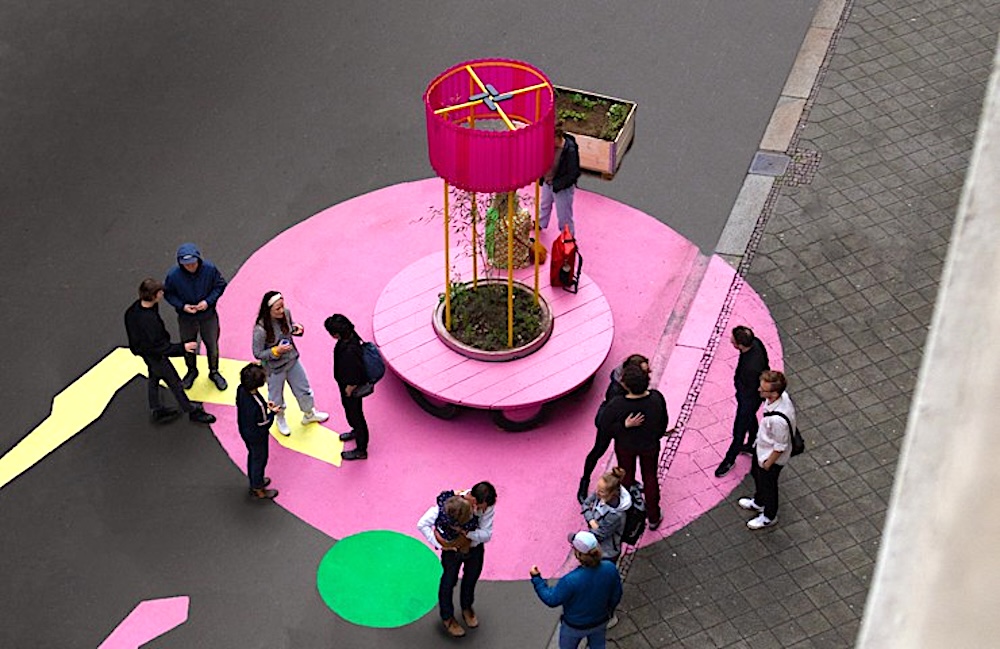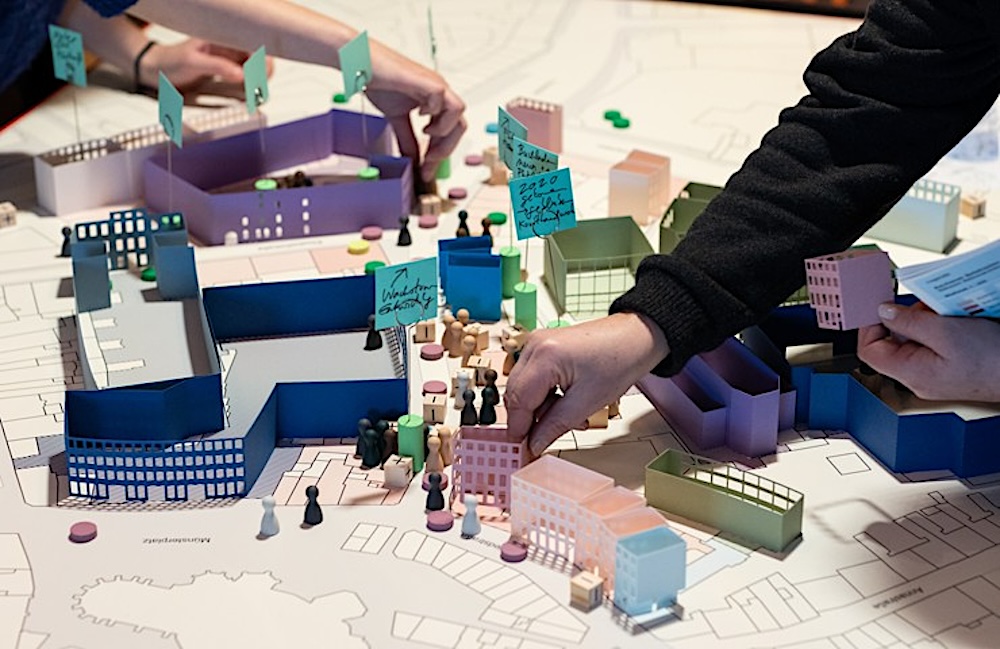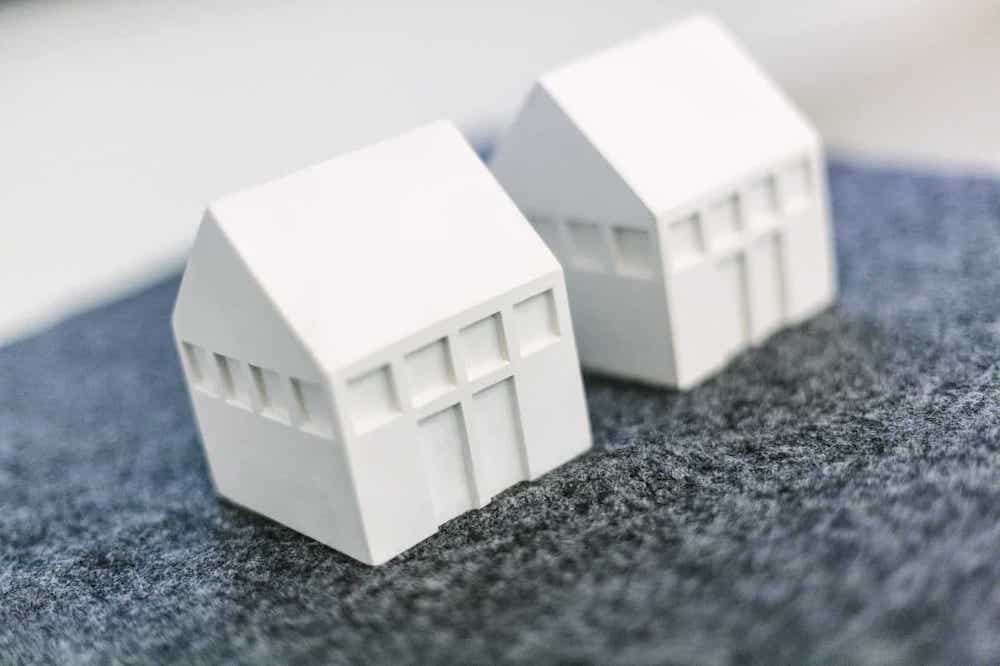Urban resilience in practice
Exhibition at the German Architecture Museum
By understanding the crisis as an opportunity for the city in transition, urban development can meet impending changes with active and forward-looking planning and at the same time improve quality of life. Concepts such as flexibility, adaptability, multiple use and cooperation are moving into the focus of crisis management - core themes of urban resilience. With the project call "Post-Corona City: Ideas and Concepts for Resilient Urban Development", the Federal Ministry of Housing, Urban Development and Building (BMWSB) funded 17 pilot projects as part of the National Urban Development Policy - which tested innovative and exemplary solutions for crisis-proof cities and neighborhood structures. Among other things, the focus was on activating vacancies, quality of stay, traffic turnaround and new usage concepts for sustainable inner cities. In public spaces, the focus was on the activation and use of public open spaces. In the area of collaborative planning processes, the focus was on cooperation between various stakeholders from politics and administration, civil society initiatives and associations.
The exhibition "Urban resilience in practice - impulses for the city in transition" presents 13 of the 17 funded projects. At the opening on April 27, nine of these projects will be presented as part of a Pecha Kucha lecture event from 3 - 6 pm. The project is funded by the Federal Ministry of Housing, Urban Development and Building as part of the National Urban Development Policy.





